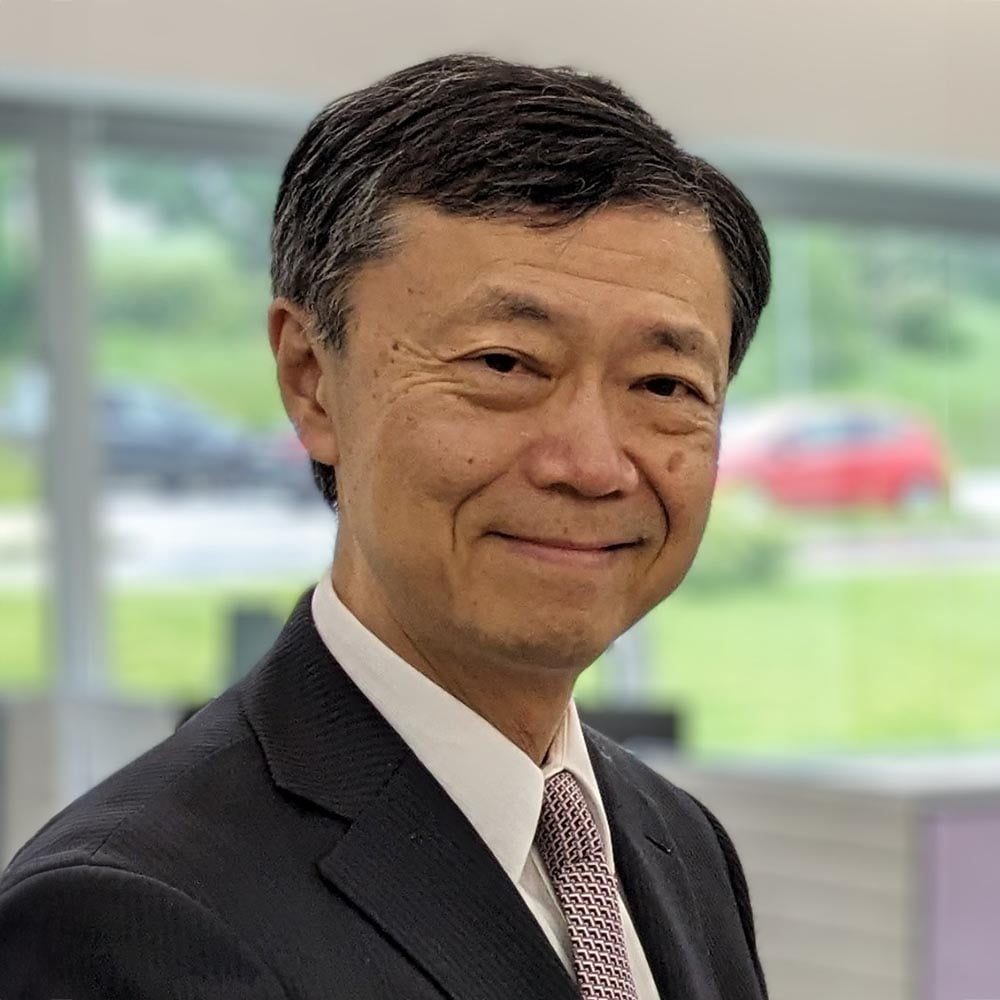Bilateral relations between Japan and Ireland are characterized by a strong and multifaceted partnership spanning political, economic, cultural, and educational domains. Dating back more than 60 years, these ties have evolved significantly, bolstered by regular high-level exchanges and cooperative agreements. Economically, Japan ranks as Ireland’s fifth largest investor, with trade exceeding €23 billion, with Japan ranking as Ireland’s fifth largest investor. Recent milestones underscore pivotal moments in the deepening of diplomatic ties. Culturally, the relationship thrives with a reciprocal admiration for each other’s traditions; similarly, educational exchange continues to flourish.
H.E. Ambassador Norio Maruyama elaborates on these themes in this recent interview, emphasizing the historical evolution of bilateral ties over decades. Notable drivers include substantial Japanese investment in sectors ranging from pharmaceuticals to emerging IT and renewable energy fields in Ireland, as well as expanding educational exchanges driven by the popularity of Japanese popular culture among Irish youth. As anticipation builds towards future milestones such as the opening of Ireland House in Tokyo and Expo 2025 Osaka, H.E. Ambassador Maruyama forecasts a further deepening of ties and collaborative opportunities between both nations.
This interview sets the stage for an insightful exploration into the strategic initiatives and cooperative ventures that define the contemporary Japan-Ireland relationship, highlighting its enduring relevance and promising future prospects.
Bridges: How would you describe the current state of diplomatic and economic relations between Ireland and Japan, and what recent developments have significantly influenced this relationship?
H.E. Maruyama: Japan and Ireland have strong relations in all areas; political, economic, cultural and educational. The Joint Statement issued by Prime Minister Kishida and then-Taoiseach, Michael Martin, during his visit to Japan in 2022, was instrumental in further developing the bilateral relationship. The infographic summarizing the latest outcomes is available here.
Japan and Ireland have strong relations in all areas; political, economic, cultural and educational.
Norio Maruyama, Ambassador of Japan to Ireland
As we mark over six decades of diplomatic ties between Japan and Ireland, how have the relations between both countries evolved, and what are some of the key milestones that have shaped this partnership?
Our two-way trade is now over €23 billion, and Japan is Ireland’s fifth largest investor. While Ireland’s exports to Japan are dominated by services, trade in goods has traditionally been in medical supplies and equipment. Beef exports have recently seen significant growth.
In culture, Irish music, art and literature have long fascinated the Japanese. Joyce’s Ulysses was already translated into Japanese in the 1930s. Irish pubs can be found in many parts of Japan; many Japanese people perform Irish traditional instruments and dance, and this year’s St Patrick’s Day parade in Japan attracted 100,000 people.
Similarly, Japanese culture is also popular in Ireland, with Experience Japan, one of the largest annual Japanese cultural events in Dublin, attracting 20,000 people in one day, and the Japanese Film Festival is also very popular.
Ireland’s interest and involvement in Japan has been supported by 1,400 Irish former participants of Japan Exchange and Teaching (JET) Programme, which has a history of over 35 years, with anywhere from 50 – 60 successful applicants expected this year. Through their active engagements in various fields, they have made a significant contribution to strengthening relations between Japan and Ireland, as a bridge between the two countries.
Japan’s hosting of the 2019 Rugby World Cup was a major factor in boosting interest in Japan, particularly among Irish people. Since then, the number of Irish people visiting Japan has increased.
Japan’s hosting of the 2019 Rugby World Cup was a major factor in boosting interest in Japan, particularly among Irish people. Since then, the number of Irish people visiting Japan has increased.
In education, across Europe, Ireland is number one per capita in terms of Irish students studying the Japanese language. A major driving force behind this is the growing interest of young people in Japanese anime, manga, and other types of popular culture. Japanese is taught in 36 secondary schools and 16 primary schools, with the help of some former JET participants who have become teachers and principals.
In your view, what are Ireland’s competitive strengths within the European Union that make it an attractive destination for Japanese investment, and how can both nations leverage these strengths to enhance economic collaboration? What emerging areas of cooperation between Japan and Ireland are you most excited about?
Japanese companies have long invested in Ireland, mainly in pharmaceuticals and aircraft leasing sectors. Now, we find significant potential in sectors such as IT and renewable energy.
One of Ireland’s competitive strengths for Japanese companies is its talented workforce. Industry clusters, in sectors such as pharmaceuticals and IT, where some of the world’s top companies are involved, are especially attractive to Japanese companies, for the numerous highly-qualified employees in said clusters. In addition, Ireland’s strengths — notably, as an English-speaking country in the EU and as a gateway to the EU market— are increasing, after Brexit.
In recent years, Japanese companies have shown stronger interest in Irish startups and it is expected that cooperation, particularly in the IT sector, will develop further, capitalizing on the complementarity of both businesses.
Next year will be an important year for further development of bilateral relations as we expect two major events: Ireland House opening in Tokyo and Expo 2025 Osaka, Kansai. We look forward to the Ireland Pavilion becoming a showcase for Ireland.



